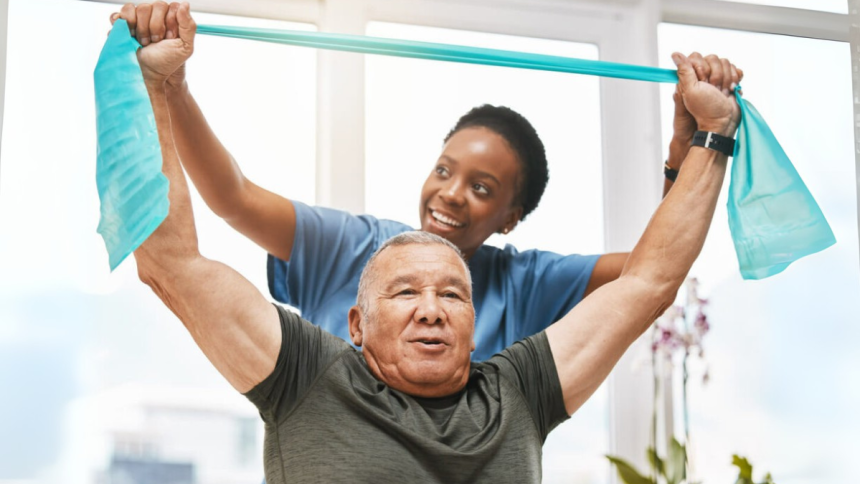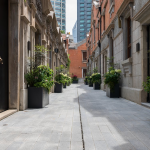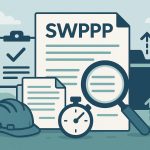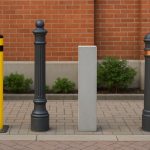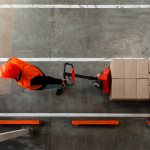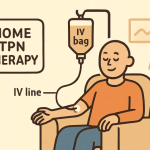Living with addiction and going through the rehab process is one heck of a journey. It throws up all manner of challenges and takes a whole heap of hard work, dedication and support. But, at the same time, it can be incredibly rewarding and contribute towards a fulfilling and healthier life.
There are lots of ways in which various activities can aid recovery and at every rehabilitation centre professionals will try and find the right treatment and routine for you.
The activities can vary significantly, but are all important in helping you cope, connect and grow. It doesn’t matter what type of treatment you are seeking, including purposeful activities into your day can make a big difference.
So, whether you’re recovering independently or seeking help from rehab centres or outpatient services, here are five rehab approved activities that can be incredibly beneficial to your recovery…
Mindfulness and Meditation
One of the most common activities within recovery is mindfulness and with good reason too. Addiction thrives when we are disconnected from ourselves and the present moment, and even from our emotions. What mindfulness does is bring you back into the here and the now.
Even simple practices like guided meditation or mindful breathing can make a real difference, helping you become more aware of your thoughts, triggers and emotions without reacting to them. Over time, this will help build your ability to choose different responses and recognise triggers and act in a healthier manner.
Creative Expression
Getting creative is now widely used in rehab, whether it be through art, music, journaling or the many other forms of expression. What it does is provide a safe space that allows you to explore feelings that may be a little more difficult to articulate. We can often find feelings of shame, grief, anger or hope tricky to speak out about and putting pen to paper in any form can prove a healing process.
What’s important to note is that you don’t need to be “good” at art to benefit, as long as you can connect with your sense of self and process your experiences you’ll find it incredibly cathartic.
Physical Activity
Exercise is pretty much always recommended by professionals and, like getting creative, you don’t need to be good at it or hyper fit. It’s not actually just about getting fit, but more a way to boost mental health and regulate mood.
Regular physical exercise, whether that be yoga, walking, or activities more intense, releases endorphins and regulates mood, reducing anxiety and depression, which can often lead to relapse.
What’s more, exercise can provide structure to your day, give you something to look forward to and make you feel healthier both mentally and physically.
Peer Support and Group Work
Speaking out and joining groups will allow you to connect with people that are going through the exact same thing. Group therapy, 12-step programmes and peer-led meetings can all provide a real sense of community, accountability and shared purpose.
You’ll be able to talk openly without judgement, while also listening and learning from the experiences of others, setting you up and providing you with the support for success in recovery.
Volunteering and Purposeful Work
Rediscovering a sense of purpose is often a key part of the recovery process. Many people who have struggled with addiction report feelings of emptiness or disconnection from meaningful goals. Volunteering can help fill that gap.
Giving your time to help others, whether it’s in a charity shop, animal shelter, or community kitchen, builds confidence, structure, and self-worth. It also shifts your focus away from yourself and towards others, which can be incredibly grounding and healing.
Some rehab programmes include vocational training or volunteering placements to support this. If you’re navigating recovery independently, start small. Even an hour or two a week can make a real difference.
Lynn Martelli is an editor at Readability. She received her MFA in Creative Writing from Antioch University and has worked as an editor for over 10 years. Lynn has edited a wide variety of books, including fiction, non-fiction, memoirs, and more. In her free time, Lynn enjoys reading, writing, and spending time with her family and friends.


